1. The Last Picture Show (1971)
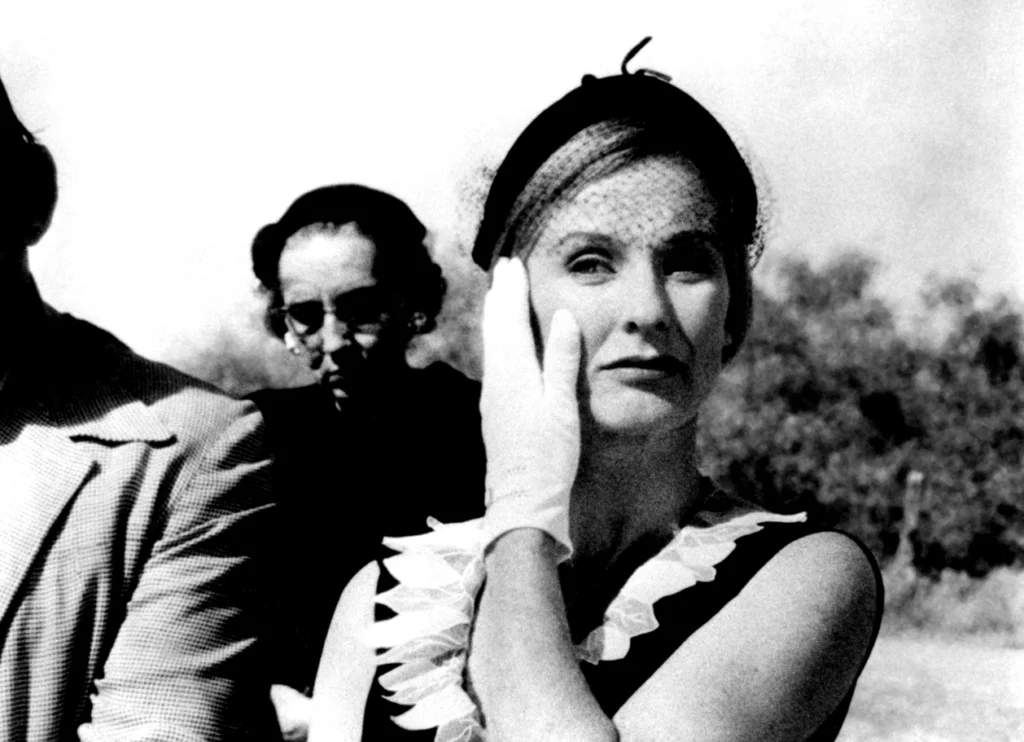
In a decade full of larger-than-life blockbusters, The Last Picture Show stood as a quiet, emotional powerhouse. Directed by Peter Bogdanovich, the film captured the fading life of a small Texas town with honesty and raw emotion. It wasn’t a traditional hit, but its poignant portrayal of teenage angst and love, played by a talented cast that included Jeff Bridges and Cybill Shepherd, made it a favorite among cinephiles. It’s one of those films that gets better with every viewing, revealing more layers of vulnerability with each rewatch.
The understated direction and stunning cinematography made it feel timeless, as if the past was lingering just beneath the surface. The film also delves into the complexities of adulthood and loss, using small-town life as a microcosm for universal themes. The Last Picture Show may not have been a box office juggernaut, but it earned critical acclaim, won Oscars, and became a quintessential film of the ’70s.
2. The Man Who Fell to Earth (1976)
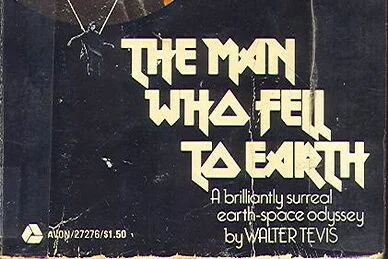
When David Bowie took the role of an alien in The Man Who Fell to Earth, few could have predicted the profound cultural impact it would have. The movie, directed by Nicolas Roeg, is an eerie exploration of human isolation and alienation, set against the backdrop of a sci-fi thriller. Bowie, in his first major film role, gives a performance that’s equal parts enigmatic and captivating, using his otherworldly presence to portray a creature both foreign and surprisingly human.
What stands out most about this film is its surrealistic style and the way it challenges traditional storytelling. It’s a perfect blend of avant-garde cinema and speculative fiction, making it a cult classic that resonates with fans of both. The Man Who Fell to Earth was ahead of its time, embracing themes of technology, environmentalism, and the cost of fame, all while delivering a chillingly beautiful visual experience.
3. The Long Goodbye (1973)
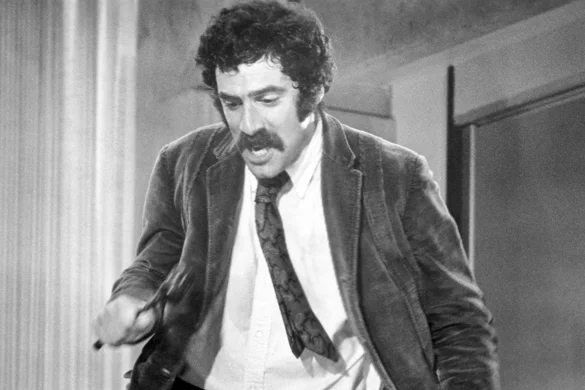
Robert Altman’s The Long Goodbye is a classic neo-noir film that stands in stark contrast to the flashy detective films of the ’70s. Starring Elliott Gould as Philip Marlowe, this adaptation of Raymond Chandler’s hard-boiled detective novels flips the genre on its head, blending cynicism with humor. Gould’s laid-back, almost irreverent portrayal of Marlowe is a far cry from the typical tough guy, adding a fresh layer to the character. The film’s slow pace and subtle narrative techniques reward viewers who are willing to dive into its layers of meaning.
With its laid-back 1970s vibe and jazz-infused score by John Williams, The Long Goodbye feels more like a character study than a traditional crime film. It perfectly captures the post-Watergate disillusionment and societal shifts of the era. Though not a commercial hit at the time, it has since gained a loyal following and is regarded as one of Altman’s finest works.
4. The Conversation (1974)
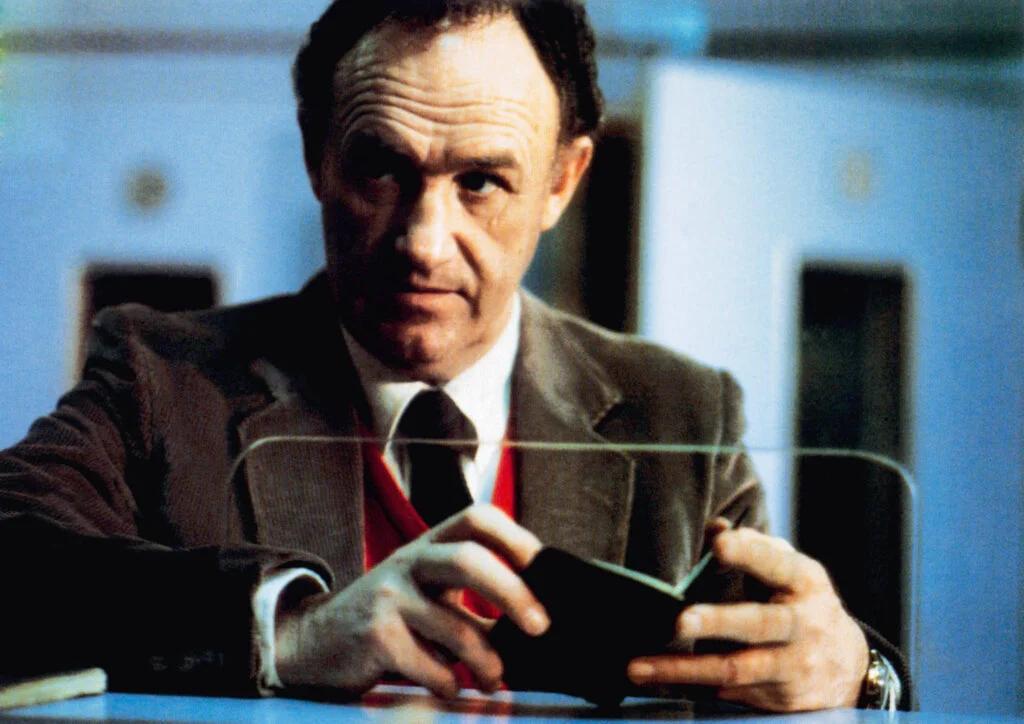
Gene Hackman’s portrayal of a paranoid surveillance expert in The Conversation remains one of the most haunting performances of the ’70s. Directed by Francis Ford Coppola, the film is a psychological thriller that explores the themes of privacy, guilt, and the power of technology. Hackman’s character, Harry Caul, is a man consumed by his work, and the film’s tension builds as his obsession with a particular conversation threatens to unravel his own life. It’s a slow-burn of a film, masterfully constructed with minimalistic style and heavy emotional weight.
What sets The Conversation apart from other thrillers is its ability to build dread through sound rather than action. The eerily quiet soundtrack and tension-filled silence create a disorienting atmosphere, leaving the viewer on edge. Despite its modest box office earnings, the film was highly acclaimed by critics and even won the Palme d’Or at Cannes, earning its place as one of the decade’s greatest hidden gems.
5. Harold and Maude (1971)
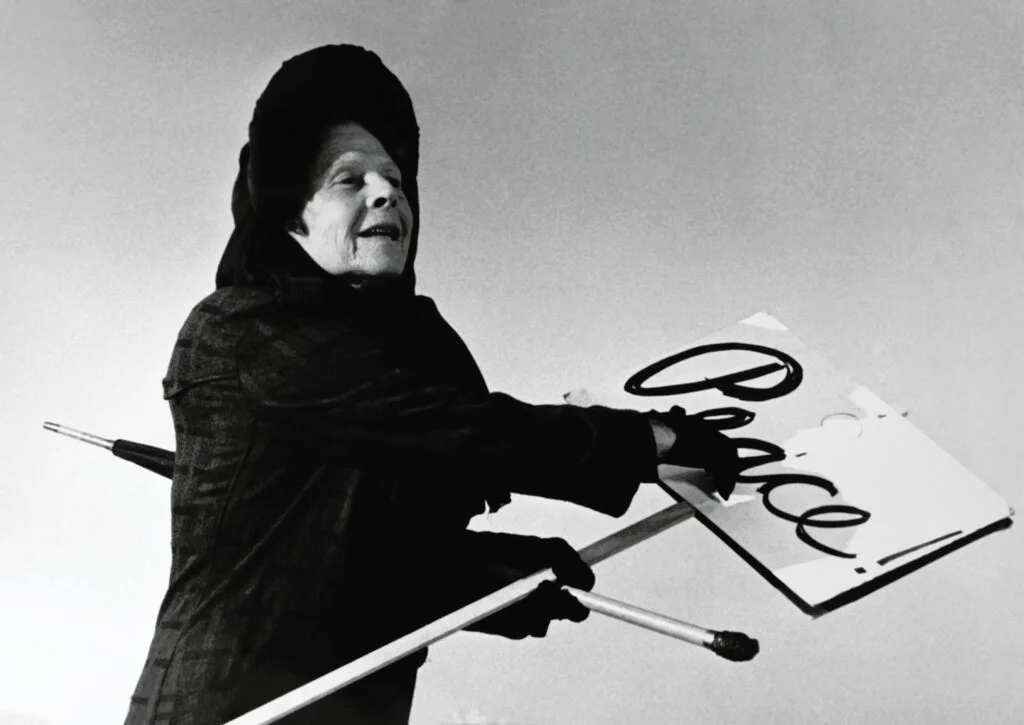
There’s something undeniably charming about Harold and Maude, a quirky dark comedy that blends romance with morbid humor. The film, directed by Hal Ashby, follows Harold, a young man obsessed with death, and Maude, a free-spirited 79-year-old woman who loves life. The odd pairing creates an unlikely bond that explores the themes of existentialism, life’s fleeting nature, and the joy of living authentically. The film’s offbeat humor and heartwarming message have made it a cult classic, despite its initial commercial failure.
The chemistry between Ruth Gordon, who plays Maude, and Bud Cort, who plays Harold, is magical. Their performances are genuine and full of heart, making it easy to fall in love with their strange relationship. Harold and Maude is a beautiful reminder that the most unexpected connections can bring the most profound moments of personal growth.
6. Network (1976)
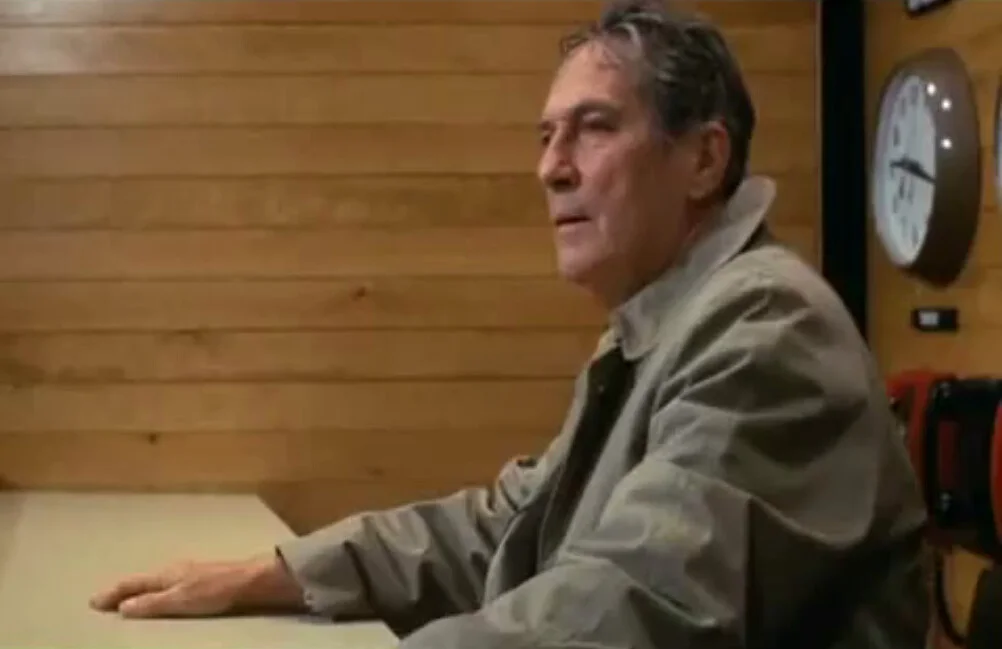
In a decade known for its experimental and boundary-pushing films, Network stands as one of the most scathing critiques of modern society and media. Directed by Sidney Lumet, the film stars Peter Finch as Howard Beale, a news anchor who declares, “I’m as mad as hell, and I’m not going to take it anymore!” The film boldly takes on the corporate world and the sensationalism of television, providing a satirical look at the intersection of entertainment and politics.
Despite being a dark satire, Network feels almost prophetic in its depiction of the media’s growing influence on society. The performances are impeccable, especially from Finch, who won an Oscar for his portrayal of Beale. Although it wasn’t a huge box office hit, it has since become an iconic film for its prescient commentary and is regularly quoted in discussions about the media’s power.
7. Willy Wonka & the Chocolate Factory (1971)
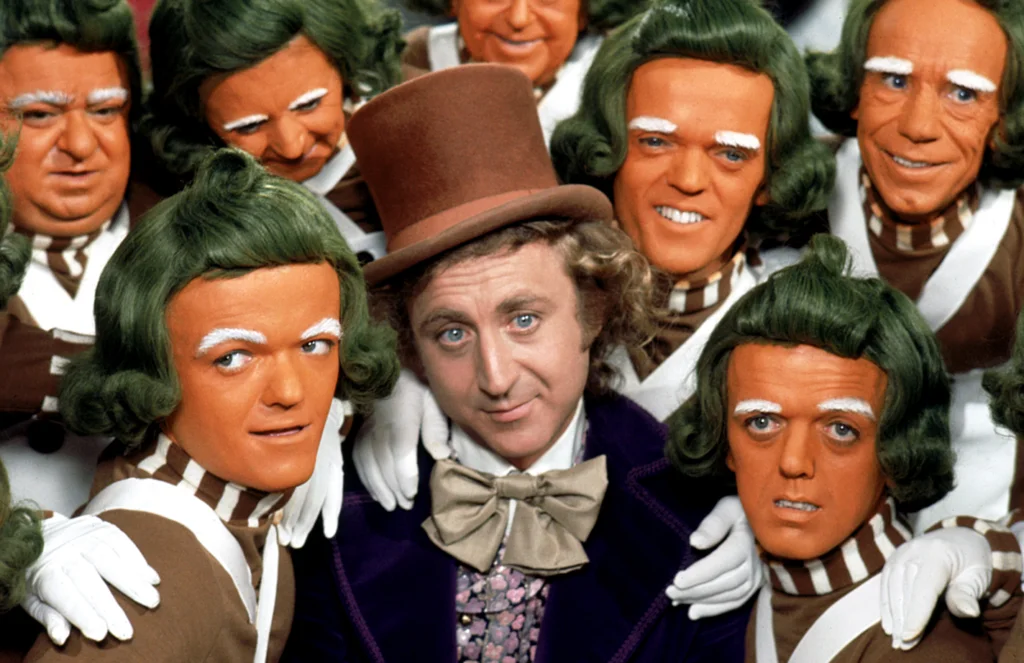
While Willy Wonka & the Chocolate Factory may not seem like a hidden gem at first glance, its lasting influence on pop culture and cinema make it a much-loved classic. Gene Wilder’s performance as the eccentric and mysterious Willy Wonka is nothing short of magical, blending whimsy with a touch of menace. The film’s surreal sets, oddball characters, and fantastical story have enchanted generations of viewers, making it a staple of childhood for many.
Though it was considered a box office disappointment upon its release, the film’s charm only grew with time. It’s a perfect example of a film that wasn’t immediately appreciated but has since become iconic in both pop culture and cinema history. Willy Wonka has since inspired stage productions, remakes, and even a cult following of fans who are captivated by its strange blend of innocence and dark humor.
8. Rolling Thunder (1977)
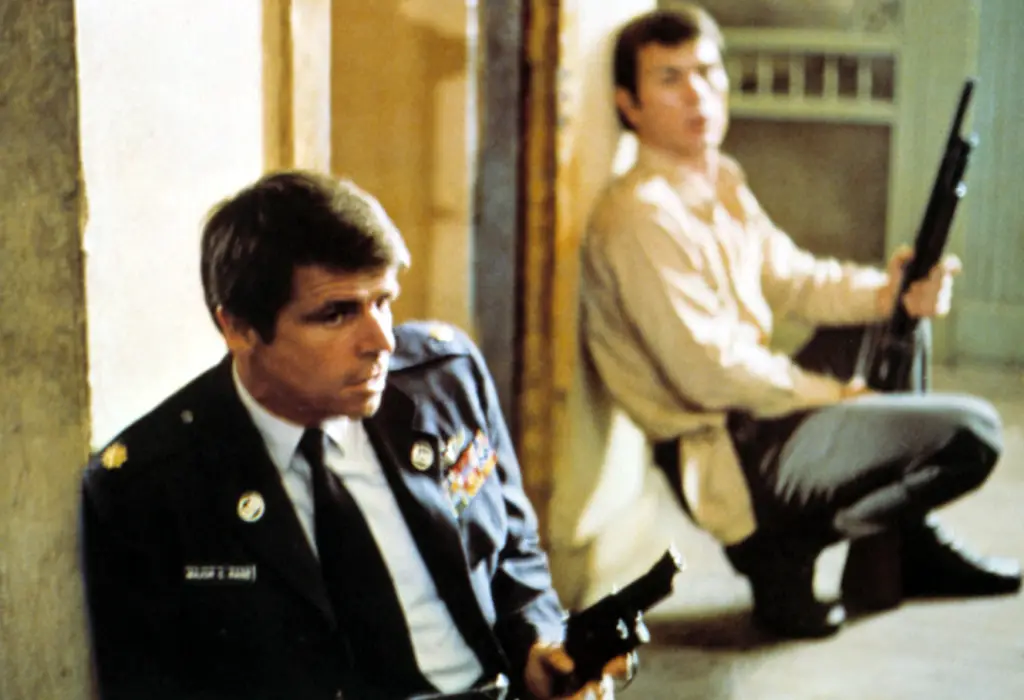
A gritty and unrelenting revenge thriller, Rolling Thunder didn’t receive the mainstream attention it deserved upon its release, but it has since become a cult classic for fans of the genre. Directed by John Flynn, the film stars William Devane as Major Charles Rane, a Vietnam War veteran who returns home to find his family brutally attacked. Seeking revenge, Rane embarks on a violent journey that delves into the emotional and psychological toll of war. The film’s raw portrayal of trauma and vengeance makes it stand out from the more polished, action-packed revenge films of the time.
The intensity of Devane’s performance and the film’s stark, minimalistic style set Rolling Thunder apart as a deeply unsettling exploration of the effects of violence. It is often regarded as one of the most underappreciated gems of the ’70s, with its unflinching portrayal of a man driven to the edge by grief and fury. Though overshadowed by bigger blockbusters, it has gained recognition in recent years for its unflinching approach to trauma and retribution, proving to be as powerful and relevant today as it was in 1977.


